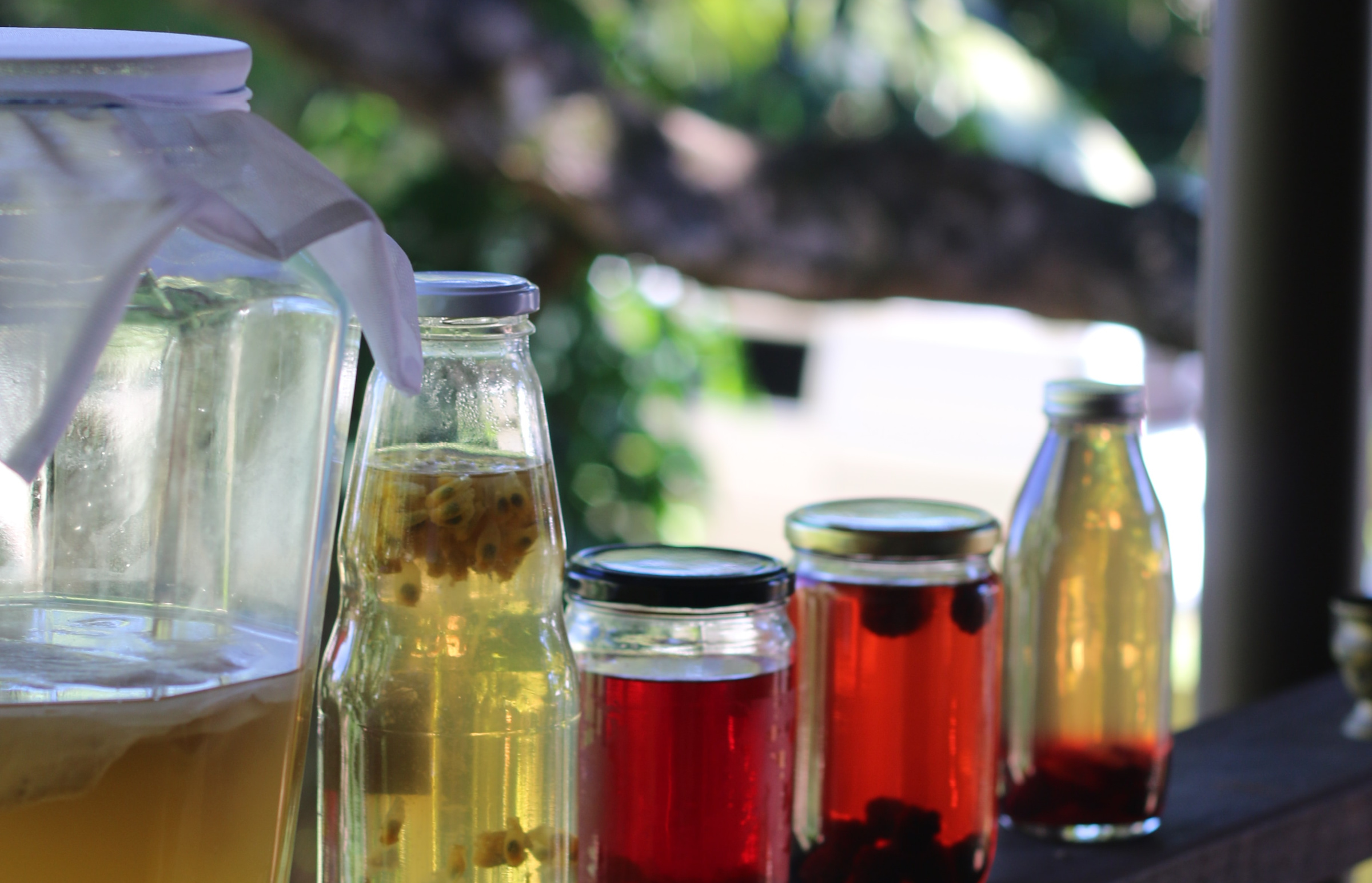There is a long list of Ashwagandha’s Health Benefits but in this article we will discuss the 9 most important health benefits that will make you a fan of this root. So let’s get started.
Ashwagandha, also known as Indian ginseng or winter cherry, is a root that has been used for over 3 thousand years for its restorative, adaptogenic, and rejuvenating effects. In Ayurvedic medicine, ashwagandha has been used for boosting immune system function, enhancing stamina, reducing cortisol levels, and regulating the production of thyroid hormones.
Animal studies have provided evidence that ashwagandha can help to boost the production of thyroid hormones from a sluggish thyroid and can also suppress the production of thyroid hormones from an overactive thyroid. In addition, medical research has found evidence that ashwagandha not only lowers cortisol levels but also increases insulin sensitivity and balances sex hormones.
With the help of its anti-oxidants, amino acids, phytochemicals, and fatty acids in this nutrient-dense herb, emotional, physical, and mental stress can be all be alleviated.
But what does the science say about this traditional medicine? Here are 9 amazing benefits of this powerful herb with scientific research to support them.
1. Stress Relief
According to a team of doctors in Indonesia, ashwagandha root extract was found to exhibit reduced serum cortisol levels in two groups of people who received a daily dose of this herb for 8 weeks. One group received a daily dose of 250 mg/day and the other received 600 mg/day.
Many other scientists agree that ashwagandha has an anti-stress effect which is why it has been used in the prevention and treatment of stress-induced diseases such as arteriosclerosis, premature aging, diabetes, hypertension and malignancy.
This is one of the most famous health benefit of Ashwagandha and rightly so.
2. Hormone balance
In Ayurvedic medicine, this herb is commonly used to improve youthful vigor and enhance muscle strength and endurance likely due to the support that it provides to the endocrine system.
In addition to assisting with the regulation of cortisol (the stress hormone), scientists at Murdoch University in Australia found that ashwagandha is also associated with increased levels of DHEA and testosterone in aging, overweight males.
Speaking of hormones, scientists also found that this powerful herb also stimulates thyroid activity and enhances levels of thyroid hormone in the blood. (Panda and Kar, 1998)
3. Reduce inflammation
Scientists in Japan published an article in the International Journal of Molecular Medicine which found that applying hot water extraction of ashwagandha root directly to the skin has anti-inflammatory effects at the cellular level. They concluded that ashwagandha could be a promising agent for wound-healing.
Similarly, an article published in Nature found ashwagandha to reduce inflammatory response associated with Rheumatoid Arthritis in the paws and ankles of mice. They found that ashwagandha reduces the modulation of cell-signaling components that are responsible for inflammation.
4. Protects neurons
A team of biochemists in India found that ashwagandha helps ameliorate oxidative impacts to individuals who have been exposed to and affected by Bisphenol A (BPA). BPA is a well-known endocrine disruptor found in plastic food containers that impair spatial learning and memory. It crosses the blood-brain barrier and can cause cognitive impairment which leads to aggressive behavior, learning disabilities and increased drug dependency.
In other words, they found that ashwagandha has the potential to treat cognitive dysfunction and oxidative stress caused by a well-known environmental toxin.
Other scientists have found ashwagandha to have neuroprotective effects against Parkinson’s disease, Alzheimer’s disease, and neurobehavioral disorders.
5. Reduces anxiety and depression
According to a 2014 literature review performed by doctors at Yale University, most studies concluded a significant improvement of anxiety symptoms when treated with a dose of ashwagandha and none of the studies examined had reported any adverse effects of this herb. Doses ranged from 125 mg/day up to 12,000 mg/day.
According to this article published in Phytomedicine in 2000, ashwagandha had an antidepressant effect that was comparable to the antidepressant drug imipramine.
6. Delays fatigue
Ashwagandha has been found to support mitochondrial health which is important for energy levels because mitochondria are responsible for producing adenosine triphosphate or ATP. ATP is the form of chemical energy that all cells rely on in order to function.
Another study found that rats treated with ashwagandha had significantly better physical endurance compared to a control group. The control group could only swim for 385 minutes while the treated rats could swim for 740 minutes – which is approximately double the time of non-treated rats.
7. Improves memory and concentration
As mentioned earlier, ashwagandha has neuroprotective properties which can enhance all aspects of cognitive function including memory and concentration. One study by scientists in India specifically found that the herb improves sensorimotor function, auditory reaction time, and mental arithmetic ability when compared to a placebo and to another popular herb, Asian ginseng.
8. Stabilizes blood sugar
When 36 diabetic rats were administered an 8-week treatment of ashwagandha (roots or leaves), scientists found blood glucose levels restored to their normal levels. Another study found that this herb not only decreases blood glucose levels but also prevents hyperinsulinemia (i.e. higher than normal insulin levels), and improves glucose tolerance of rats with Type 2 diabetes.
9. Improves fertility
Ashwagandha has been claimed to be a safe and effective treatment for female sexual dysfunction and has been found to boost testosterone levels in aging, overweight males. Additionally, evidence exists that the herb enhances sperm production in males and the flowers of the plant have been traditionally used in Indian medicine as an aphrodisiac.
These are some of the prominent health benefits of ashwagandha. Ashwagandha root is a magical herb that is itself a blessing from nature.
If you are looking for more natural ways to improve your health check out my new article.














2 Comments
Pingback:
Pingback: